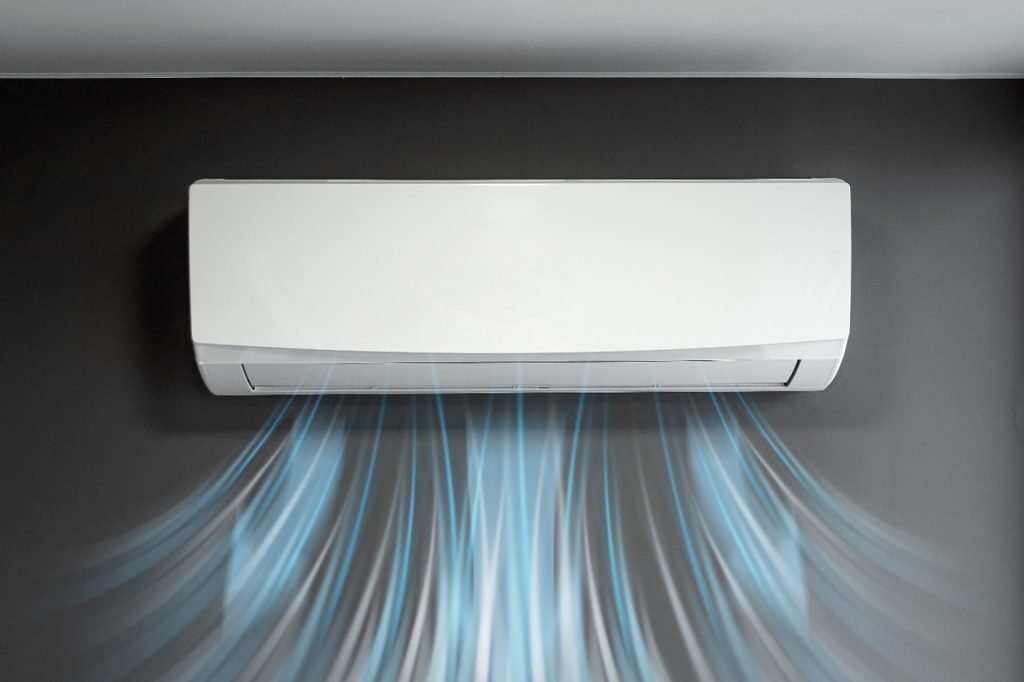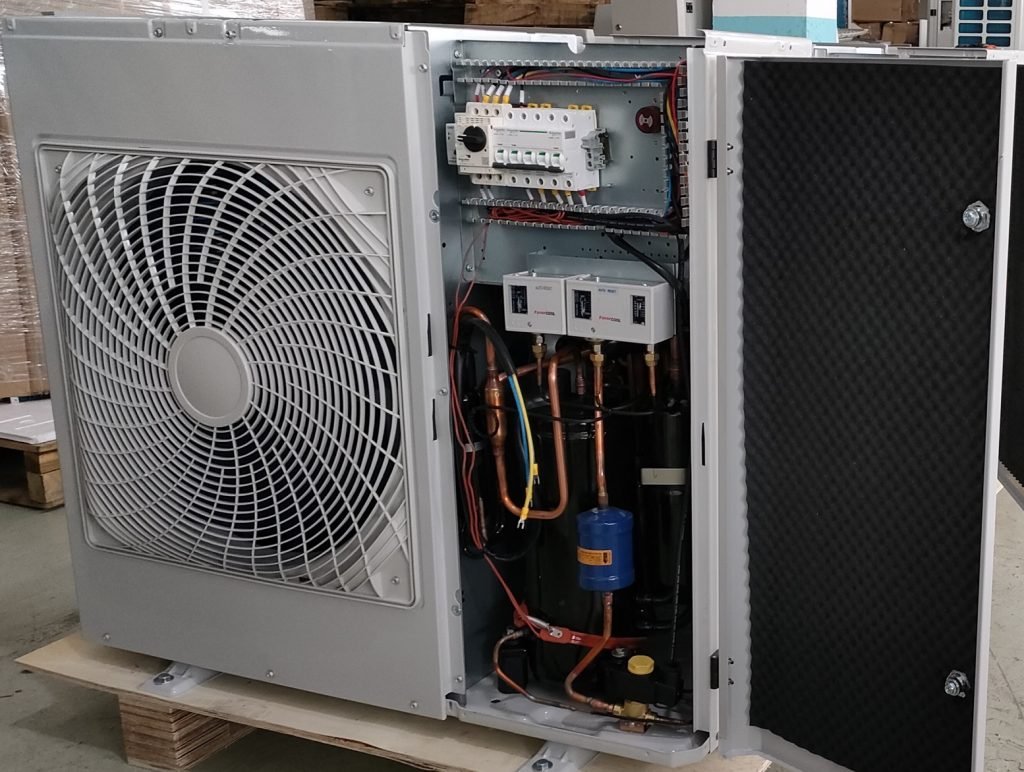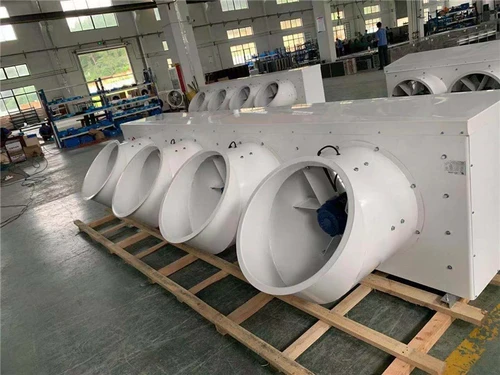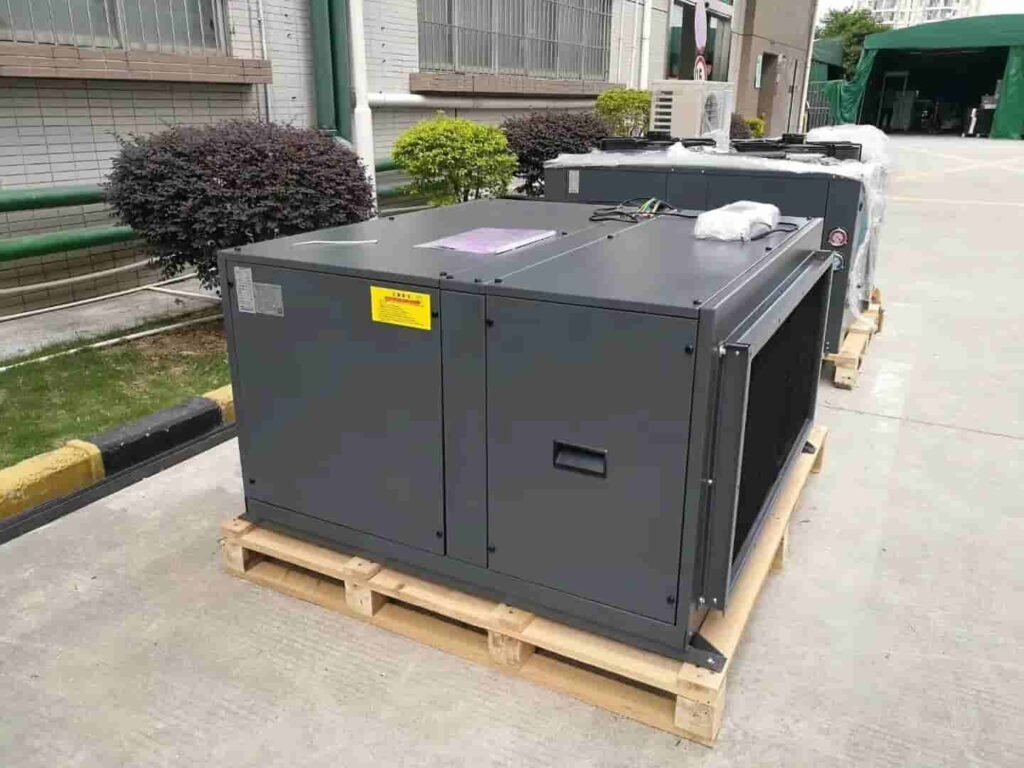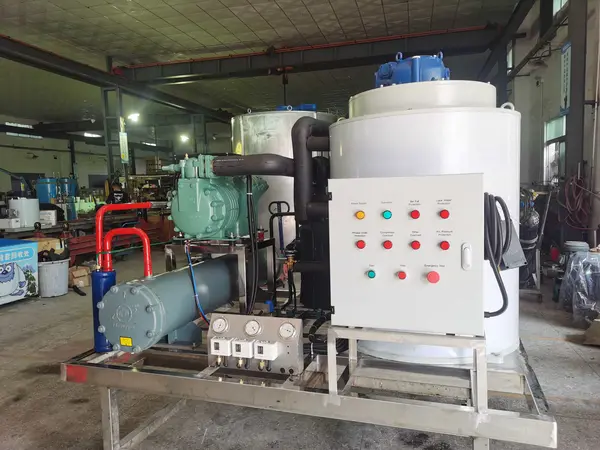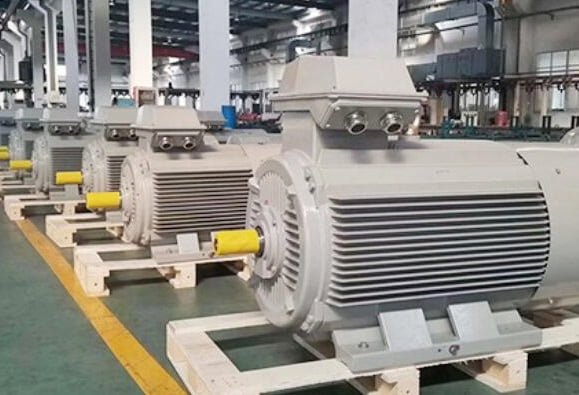Refrigeration oil is a lubricating oil specially used for refrigeration compressor, working temperature is -40 ~ +120℃.
Classification
One is traditional mineral oil; The other is synthetic polyol ester oil such as POE (polyol ester), PAG (polyalkylene glycol) etc, which often called polyester oil.
Common Refrigeration Oil List
1. Mineral Oil
Examples: Suniso 3GS, 4GS, 5GS
Application: Typically used in older refrigeration systems which use CFC (chlorofluorocarbon) or HCFC (hydrochlorofluorocarbon) refrigerants, like R12 or R22.
Characteristics: Good lubrication properties but not suitable for modern HFC (hydrofluorocarbon) refrigerants.
2. Polyolester (POE) Oil
Examples: Mobil EAL Arctic, Emkarate RL 32, RL 68, RL 170
Application: Widely used in modern systems with HFC refrigerants like R134a, R404a, and R507. Also suitable for systems using newer, environmentally-friendly refrigerants.
Characteristics: Excellent compatibility with HFC refrigerants and provide good thermal and oxidative stability.

3. Polyalkylene Glycol (PAG) Oil
Examples: Icematic SW68, Emkarate RL 32H
Application: Used primarily in automotive air conditioning and certain refrigeration systems. Works well with refrigerants like R134a.
Characteristics: Provide good lubrication but is hygroscopic (absorbs moisture), require careful handling.
4. Alkylbenzene (AB) Oil
Examples: Zerol 150, Zerol 300
Application: Often used in refrigeration systems with HCFC refrigerants like R22. It can also be used as a blend with mineral oils.
Characteristics: Offers good thermal stability and can help in systems that need both mineral and synthetic oil compatibility.
5. Polyalphaolefin (PAO) Oil
Examples: Mobil SHC Gargoyle 68, Suniso SL-32
Application: Used in industrial refrigeration systems, especially in low-temperature applications with ammonia (R717).
Characteristics: Excellent low-temperature performance and resistance to oxidation.
Feature
1. Reduce friction and wear.
2. Fill the sealing part with oil to ensure sealing performance and prevent refrigerant leakage.
3. The movement of oil removes the wear debris generated by metal friction and can clean the friction surface.
4. Provide hydraulic power for the unloading mechanism.
Performance Requirement
1. Appropriate viscosity
In addition to ensure good lubrication of the components’ friction surfaces, viscosity of the refrigeration oil should also take away some heat from the refrigeratant and play a sealing role. If the refrigerant used in the compressor is highly miscible with the refrigeration oil, you should use an oil with a higher viscosity to prevent the lubricating oil being diluted by the refrigerant.
2. Low volatility and high flash point
The greater the volatility of refrigeration oil, the more oil circulates with the refrigerant. Therefore, the distillation range of the refrigeration oil should be as narrow as possible, and the flash point should be 25~30°C higher than exhaust temperature of the compressor.

3. Good chemical and thermal oxidation stability
The highest compression temperature of the compressor can reach 130~160℃. At this temperature, refrigeration oil will be heated then decomposed and deteriorated continuously, forming carbon deposits and causing compressor malfunction and wear.
4. Free of water and impurity
Because water freezing in the evaporator will affect the heating efficiency, and water contacted with refrigerant will accelerate decomposition of the refrigerant and corrode the equipment, so refrigeration oil can’t contain water and impurities.
5. Others
Refrigeration oil should also have good anti-foaming properties, and shouldn’t dissolve or expand rubber, enameled wire and other materials. It should have good electrical insulation when used in closed refrigeration equipment.
Refrigeration Oil Deterioration Reason
1. Mixed in Moisture
As air seeps into the refrigeration system, so the moisture in the air will mix with the refrigeration oil after contact; whenever the refrigerant contains water, then moisture will also mix into the refrigeration oil.
Moisture mixed into the refrigeration oil will decrease oil viscosity and cause metal corrosion.
2. Oxidation
When the compressor exhaust temperature is high during refrigeration oil use, possibly cause oxidation and deterioration. Especially refrigeration oil with poor chemical stability, which is more prone to deterioration. After a period of time, refrigeration oil will contain residue, then will deteriorate the lubrication of bearings and other parts.
3. Mixing of refrigeration Oil
When several different refrigeration oils are mixed, will decrease refrigeration oil viscosity, even destroy the oil film, causing bearings’ damage.
4. Contain Impurity
Contains mechanical impurities, which will increase the friction surface wear of the components and quickly clog filter and throttle valve or expansion valve.

Select Correct Refrigeration Oil Principle
1. Based on Compression Type
There are 3 types of compressors used in refrigeration equipment: piston type, screw type and centrifugal type. The refrigeration oil of piston and screw types are in direct contact with the compressed refrigerant, so must consider the mutual influence between refrigeration oil and the refrigerant.
The refrigeration oil used in the centrifugal type is only used to lubricate the rotor bearings, so can be selected according to the load and speed.
2. Based on Refrigerant Type
Must consider the mutual influence between refrigerant and refrigeration oil because they will directly contact. Refrigerant such as Freon can be dissolved in mineral oil, so should select refrigeration oil have higher viscosity grade to prevent the refrigeration oil from being diluted then unable to perform properly.
In addition, should pay more attention to whether some refrigeration oil mixed in the refrigerant, which will affect refrigeration system working properly.
3. Based on Refrigerant Evaporation Temperature
Generally speaking, for compressor with low refrigerant evaporation temperature, should choose refrigeration oil with low freezing point to prevent the refrigeration oil (carried into the refrigeration system by the refrigerant) from condensing on the throttle valve and evaporator, thereby affecting the refrigeration efficiency.
For compressor using ammonia as refrigerant, freezing point of the refrigeration oil should be lower than the evaporation temperature.
For compressor using Freon as refrigerant, freezing point of the refrigeration oil should be higher than the evaporation temperature.
Conclusion
In a word, select the correct refrigeration oil is crucial to ensure the efficiency and durability of refrigeration systems.
By understanding the types of oils available, their performance requirements, reasons for deterioration, and selection principles, you can make informed choices that enhance system reliability and minimize maintenance issues.
Any comments?
Welcome leave a message or repost.



